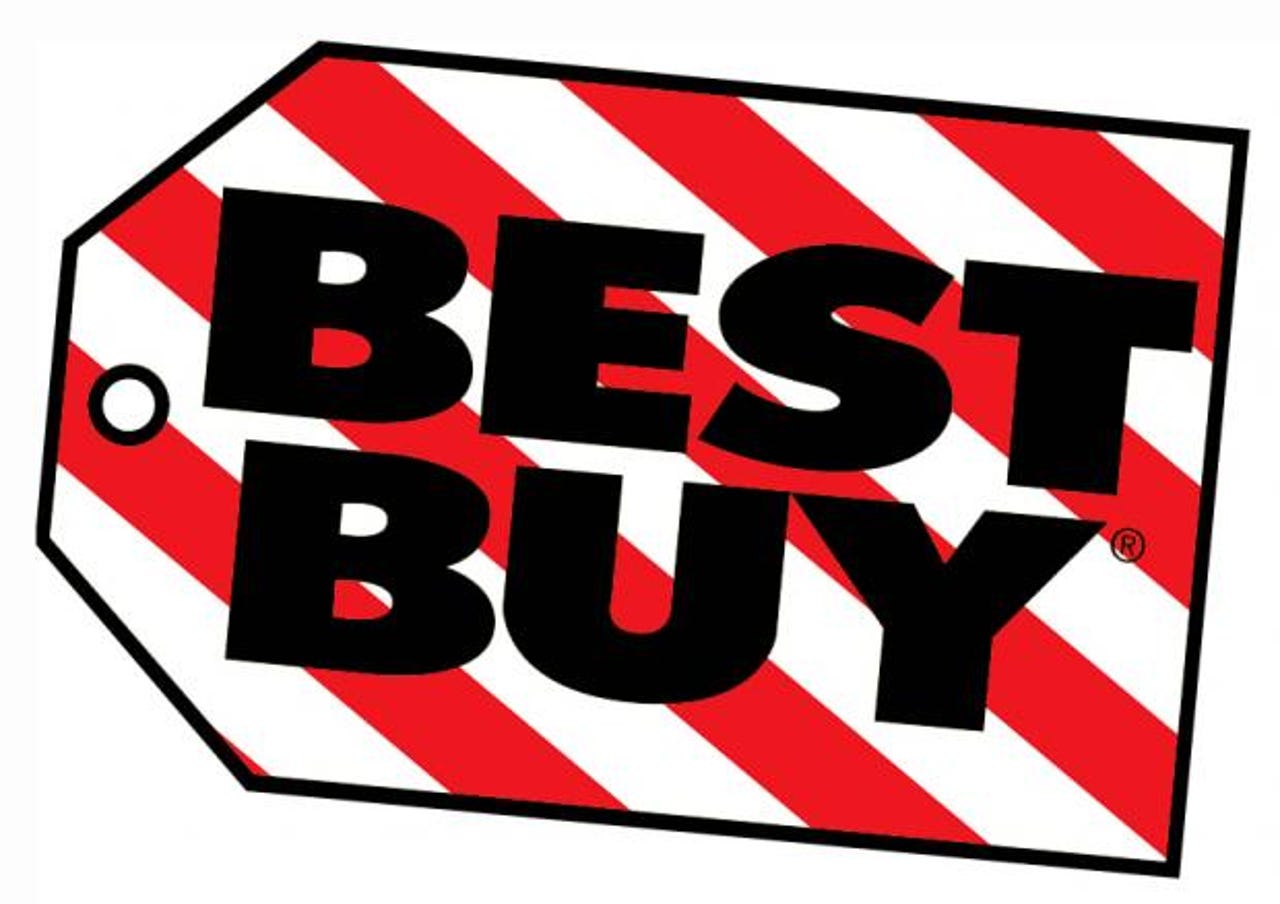What can Best Buy learn from T.G.I. Friday's?


Electronics retail giant Best Buy this morning named its new chief executive, Hubert Joly, in a bid to give the company a clear path into the future. He replaces interim chief G. Mike Mikan.
Will that future include 37 pieces of flair, too?
French by birth, turnaround specialist by experience, Joly is tasked with taking a primarily brick-and-mortar retailer under seige from an existential storm -- in a world saturated with e-commerce, can Best Buy exist? -- and giving it sea legs. The decision is a critical one since it comes as founder and largest shareholder Richard Schulze maneuvers to take the company private. (Progress on this slowed to a halt over the weekend.)
Joly brings turnaround experience to the table. He was hired away from Carlson, the hospitality and restaurant company that includes Radisson and T.G.I. Friday's. He's also a veteran of McKinsey & Co., the famed corporate nip-and-tuck specialists, where he worked with Vivendi Universal Games, the video games group, and Electronic Data Systems, which was acquired by Hewlett-Packard in 2008.
His most recent gig holds clues. Restaurant T.G.I. Friday's competes in the fierce sector of casual dining; the chain likes to say that it stands out "among a category 'sea of sameness.' " The market dynamics are indeed similar: in a world where nearly every suburban restaurant sells burgers, beer and brownie sundaes, Friday's needs to stand out -- by price, experience or something else. (Given my Office Space reference above, it's clearly experience.) The same goes for Radisson, which recently gave itself a high-end anchor with the new Radisson Blu chain of hotels as it pursued growth in developing markets. Ditto Carlson Wagonlit Travel, which dialed up the war against American Express in the high-touch, cost-conscious corporate travel market.
Before CEO Brian Dunn suddenly resigned in April, setting in motion a patch of confusion for Best Buy, there was much consternation around Amazon stealing its thunder with lower prices. (Technology as a commodity: rough.) At the time, Dunn was resistant, citing the value of the brick-and-mortar experience. He wasn't wrong, but the retailer failed to walk the talk.
Best Buy could easily steal a few pages from the hospitality playbook by adopting a laser focus on experience. No more inept sales associates; no more endless racks of discounted DVDs, no more dedicated areas of the sales floor pitching barely-relevant products. (Can someone tell me why automotive subwoofers and smartphones are sold in the same store?) Geek Squad should be an elite group of technicians that can impress even IT professionals; it shouldn't be a faceless window where your beloved gadget is squirreled away in the back like at some Soviet-era agency. (Don't worry, comrade, we'll ration everything accordingly.)
Best Buy may be a big box store, but it needs to address the consumer on an intimate level. It needs to do fewer things better. Focus, focus, focus. Stand out in a sea of sameness. High-touch, cost-conscious.
There is one wild card: Best Buy is still a public company. Carlson was private. Joly would have more room -- and time -- to maneuver if Best Buy was taken private.
Does Best Buy feel special? The answer to that question will make or break Joly's tenure.